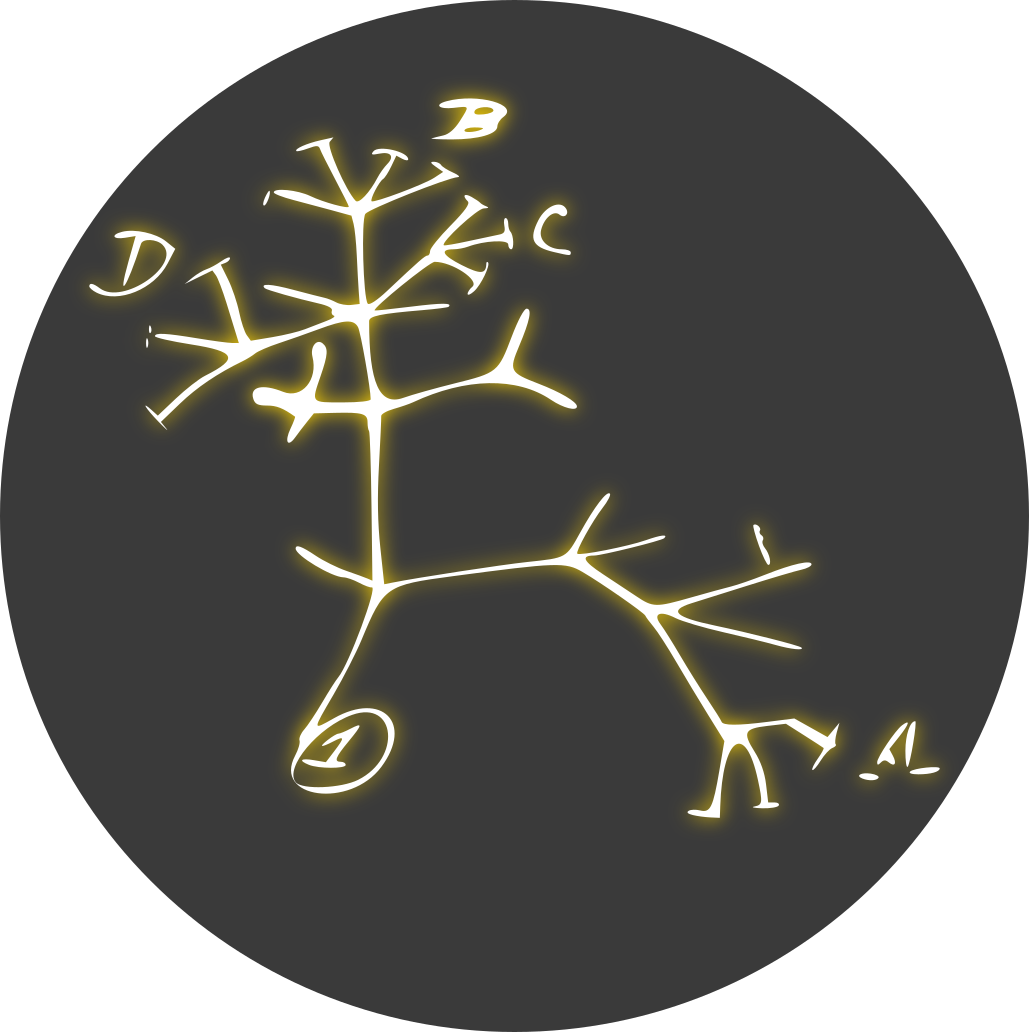- cross-posted to:
- biology@mander.xyz
- technology@hexbear.net
- cross-posted to:
- biology@mander.xyz
- technology@hexbear.net
A new study has found that evolution is not as unpredictable as previously thought, which could allow scientists to explore which genes could be useful to tackle real-world issues such as antibiotic resistance, disease, and climate change.
The study, which is published in the Proceedings of the National Academy of Sciences (PNAS), challenges the long-standing belief about the unpredictability of evolution and has found that the evolutionary trajectory of a genome may be influenced by its evolutionary history, rather than determined by numerous factors and historical accidents.


I see better where your questions are coming from, thank you. I think the fundamental answer to your question then is that while Darwin was inspired by the writings for Malthus, it would be a strong exaggeration to state that it is based on Malthus theory. More precisely, Darwin used the concepts of exponential growth (though he might not have used that term) and ressource limitations, but applied it to wild populations and concluded very different things from Malthus. Basically, the idea is that ressource limitations would exacerbate the differential reproduction between individuals due to their characteristics (which leads to Natural Selection).
Thus, you can perfectly reject the conclusions of Malthus, especially the political side of what he wrote about Human societies, and conserve the Theory of Evolution.
Darwin was clearly a product of the Victorian high society, and this would have influenced quite a lot its way of thinking and the way he framed the theory (this is well-documented), but it does not mean that the theory itself is politically loaded nowadays. It’s been quite refined beyond the writings of Darwin, including by people clearly from the left side of the political board (e.g. Haldane).
Thanks for your input! I’ll see what I can find on Haldane, that seems like a good place to continue for me